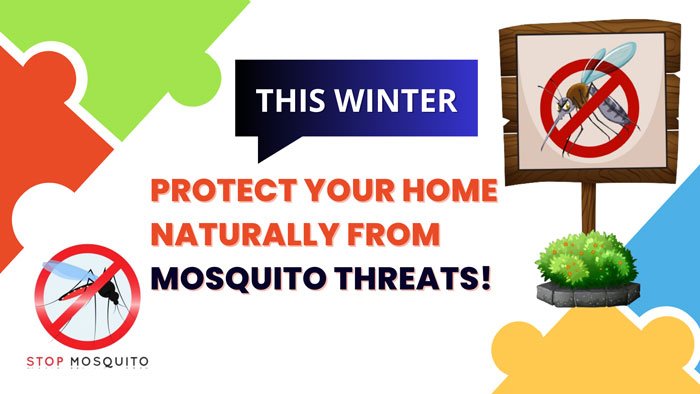Unveiling the Winter Threat
Mosquito-borne diseases are a global health concern, and their threat persists even during the winter season. Although it may seem like winter is a time free from mosquitoes, some species can remain active as long as temperatures stay above freezing. Therefore, it is still important to protect your family from mosquitoes during the colder months.
Mosquito-borne diseases are illnesses that mosquitoes transmit to humans through their bites. Examples of these diseases include malaria, dengue fever, Zika virus, and West Nile virus. Mosquitoes can thrive in certain environments, even during winter, so it is important to continue protection. Effective protection is critical as winter approaches. This guide explores natural and hygienic ways to shield families from these deadly insects during the winter season.
Common Mosquito-Borne Threats in Winter
- Dengue fever: This viral infection causes high fever, headaches, and muscle and joint pain. While less common in winter, outbreaks can occur due to the Aedes mosquito breeding in stored water or containers.
- Chikungunya: Similar to dengue, chikungunya causes fever, joint pain, and rashes. Aedes mosquitoes also transmit this virus.
- Malaria: Though less prevalent in India, malaria transmission can still occur year-round in some areas. Symptoms include fever, chills, and sweating. Anopheles mosquitoes carry the malaria parasite.
- West Nile virus: This virus can cause fever, headache, and in rare cases, serious neurological problems.
- Zika virus: This virus can cause mild illness in adults but can be harmful to pregnant women and their babies.
Natural and Hygienic Ways to Protect in Winter
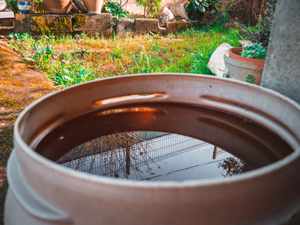
1. Eliminate Mosquito Breeding Grounds
Stagnant water: Mosquitoes breed in stagnant water, so it is important to eliminate any potential breeding grounds around your home. Check for empty standing water in containers such as birdbaths, pet bowls, gutters, and even puddles. By eliminating these breeding sites, you disrupt the mosquito life cycle, preventing their proliferation in and around your home.

2. Install Mosquito Screens
- Door and Window Screens: Install screens on windows and doors to create a protective barrier against mosquitoes. This allows fresh air to circulate while keeping mosquitoes out, ensuring a peaceful and bite-free indoor environment. This physical barrier prevents mosquitoes from entering your living spaces. It is effective and doesn’t involve the use of chemicals or poisons.
- Use Mosquito Nets: In areas with a high number of mosquitoes, it is recommended to use nets over cribs and beds while sleeping, especially for infants and young children.

3. Wear Protective Clothing
Wear loose-fitting, light-colored clothing that covers your arms and legs, especially during dusk and dawn when mosquitoes are most active.
4. Plant Mosquito-Repelling Plants:
Grow basil, lavender, citronella, or marigolds around your house. These plants emit scents that mosquitoes dislike.

1. Citronella ( सिट्रोनेला )
Citronella is a well-known plant that repels mosquitoes. The leaves contain citronella oil, which emits a strong lemon-like scent that mosquitoes dislike. Citronella is easy to grow in pots or on the ground and can be used to create a homemade mosquito repellent spray.
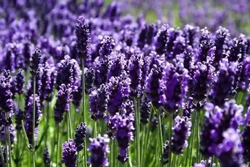
2. Lavender ( लैवेंडर )
Lavender has beautiful purple flowers and emits a calming scent that mosquitoes dislike. It can be grown in pots or on the ground, and its essential oil is a popular ingredient in mosquito repellents.

3. Basil ( तुलसी )
Basil is a popular herb that can be used in cooking. It also has mosquito-repellent properties. The strong scent of basil masks the scents that attract mosquitoes to humans. Basil is easy to grow in pots or on the ground, and it can be harvested throughout the growing season.
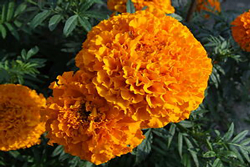
4. Marigolds ( गेंदा फूलों का पौधा )
Marigolds are cheerful flowers that come in a variety of colors. They are also effective at repelling mosquitoes. The strong scent of marigolds is said to confuse mosquitoes and make it difficult for them to find humans. Marigolds are easy to grow in pots or on the ground, and they bloom from early summer to late fall.
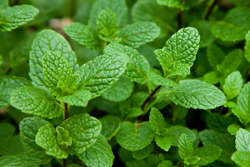
5. Peppermint ( पुदीना )
Peppermint is a refreshing herb that can be used in cooking, but it also has mosquito-repellent properties. The strong scent of peppermint is said to mask the scents that attract mosquitoes to humans. Peppermint is easy to grow in pots or on the ground, and it can be harvested throughout the growing season.
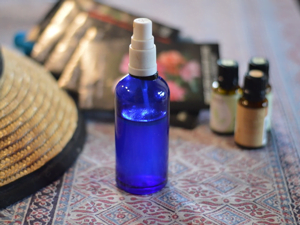
5. Use Natural Repellents
Essential oils such as citronella, lavender, and lemongrass possess mosquito-repelling properties. You can diffuse them, apply diluted versions to the skin (after patch testing), or make homemade sprays. These options are safer than repellents containing chemicals, particularly when protecting children and pets.
Chemical repellents can be harmful to health, especially for those with sensitivities or allergies. Natural alternatives are a safer option without compromising effectiveness.
What Not to Use for Mosquito Control
- Chemical sprays and insecticides: While effective, chemical insecticides can be harmful to your family and pets if not used properly. They can cause respiratory problems, allergic reactions, and even poisoning. Additionally, mosquitoes can develop resistance to these chemicals over time.
- Electronic mosquito repellents: These devices emit high-frequency sounds that are supposed to repel mosquitoes, but their effectiveness is limited and can be irritating to humans and pets.
- Coils and mats: Burning mosquito coils and mats release harmful chemicals that can irritate your lungs and eyes, especially in enclosed spaces.
- Steer Clear of Excessive Fogging: While fogging may seem like a quick solution, excessive use can lead to respiratory issues. Opt for targeted mosquito control methods over indiscriminate fogging.
Bottom Line
In conclusion, it is crucial for the well-being of our families to understand mosquito-borne diseases and implement effective winter protection measures. We can create a safe and mosquito-free home environment throughout the winter season by adopting natural and hygienic practices while avoiding harmful methods. Stay informed, stay protected, and enjoy a healthier lifestyle free from the threat of mosquito-borne diseases.

